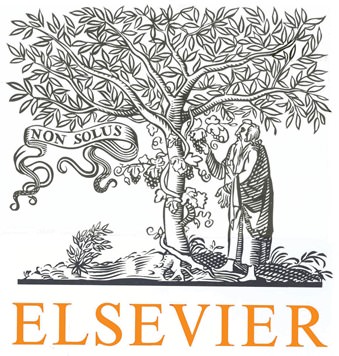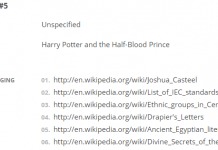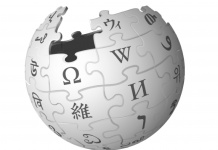 Academic publisher Elsevier has been involved in a number of controversies over the last few years, and they seem to have just touched off another one. Ars Technica reports that the controversy concerns a program in which Elsevier provided 45 top Wikipedia editors with free Science Direct accounts to let them access paywalled journal articles.
Academic publisher Elsevier has been involved in a number of controversies over the last few years, and they seem to have just touched off another one. Ars Technica reports that the controversy concerns a program in which Elsevier provided 45 top Wikipedia editors with free Science Direct accounts to let them access paywalled journal articles.
Proponents of free access to information have expressed concern that if Wikipedia uses this information, it will effectively provide free advertising for Elsevier’s paywalled journal accounts. However, others point out that as an encyclopedic resource, Wikipedia is supposed to partake of both free and paywalled sources—whatever can provide the best information for its articles.
In a comment below the article, Jake Orlowitz of the Wikimedia Foundation’s Wikipedia Library program notes that providing open summaries of paywalled information might not the perfect solution, but it’s a lot better than having no availability of that information at all. Orlowitz hopes that in this way, Wikipedia can demonstrate to publishers the usefulness of opening more information to the public.
I can certainly understand the alarm Elsevier’s move causes critics of the publisher’s paywall model. All the same, not all information is going to be free, but encyclopedias should nonetheless be able to summarize it no matter where it comes from—and the controversies surrounding Elsevier make it a more tempting target than most purveyors of paywalls.
In 2012, Elsevier supported the “Research Works Act,” which could have restricted what research was available under an open access model, prompting a boycott by thousands of academic researchers. Subsequently, Elsevier backed off its support of the legislation.

































Wikipedia needs to take a harder stand against links to Paywalled articles. If the information cannot be verified by a typical editor, then the information is not verifiable and therefore violates Wikipedia policy. There isn’t much stopping someone from hiding fake or non-applicable references behind paywall links.